Search
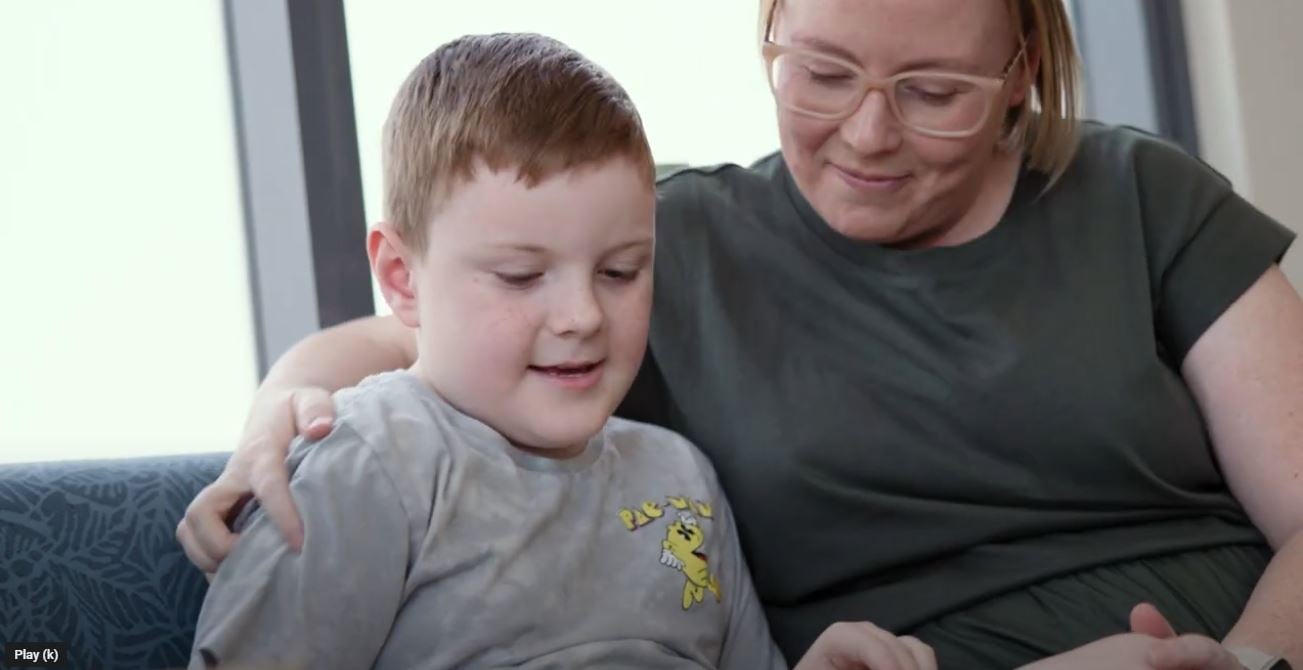
News & Events
Unpacking PACT - Katie's storyPACT is a program for caregivers of children who would like some additional support to understand their child’s communication.
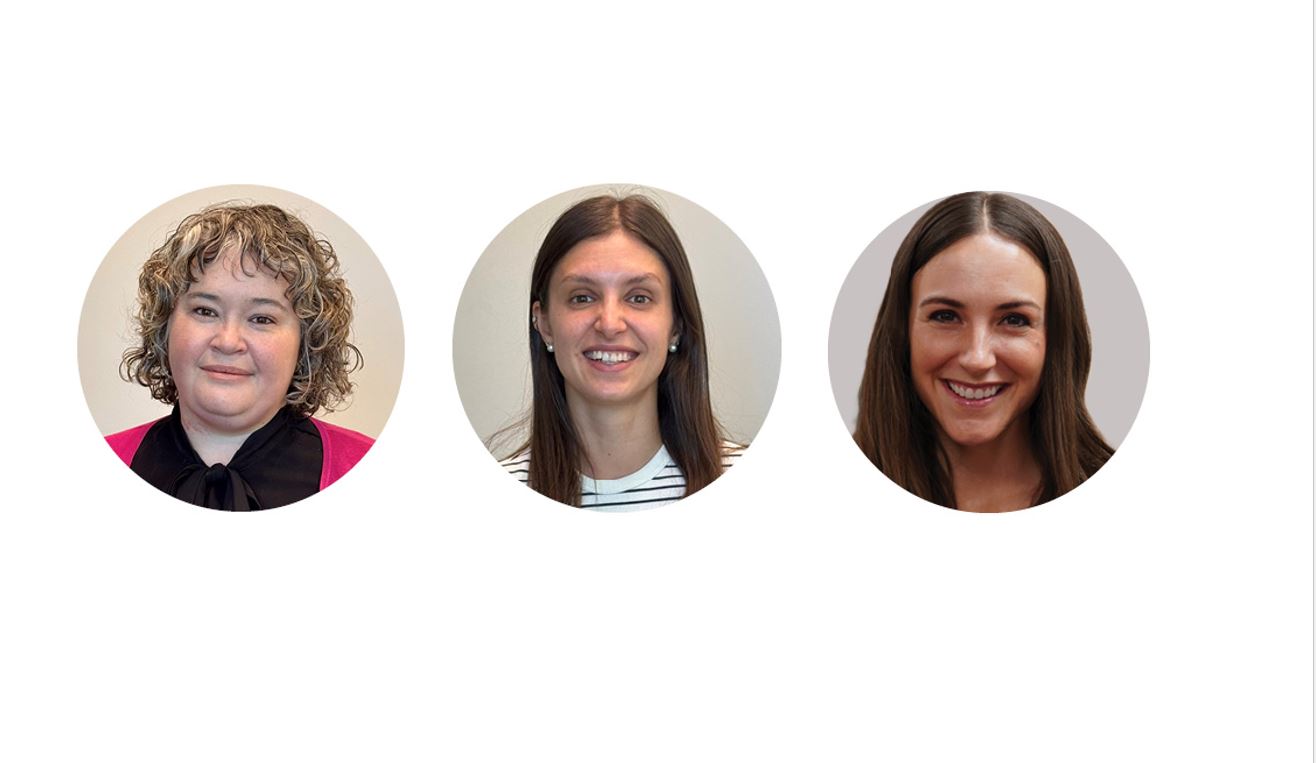
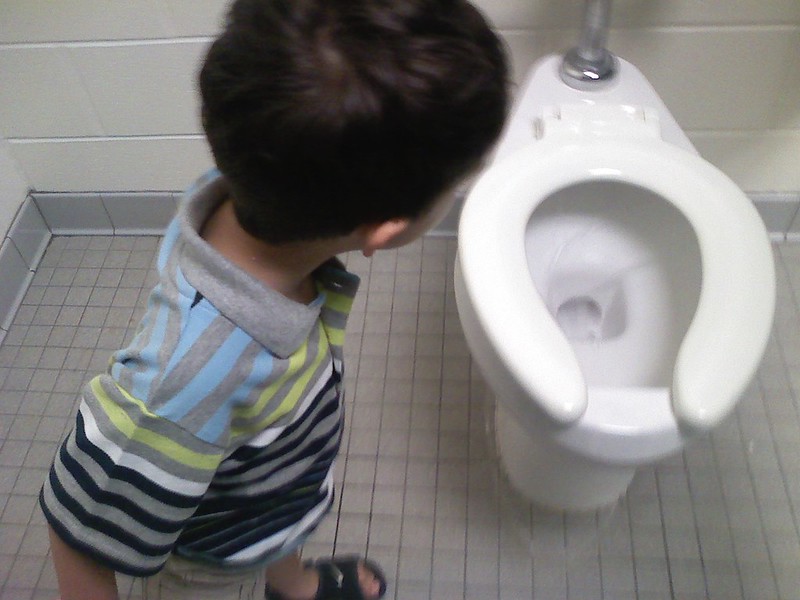
News & Events
Healthy and happy toiletingIn this blog, Occupational Therapist Ally Raphael offers tips for successful toilet training.

News & Events
Speech Pathology Week at The KidsWe’re currently celebrating Speech Pathology Week at The Kids!

People
Andrew WhitehouseDeputy Director (Research); Angela Wright Bennett Professor of Autism Research at The Kids Research Institute Australia; Director, CliniKids
Research
Investigating Parental Observations of Early Autism Development in Simplex and Multiplex FamiliesPast research has highlighted the importance of early identification of developmental differences to improve targeted access to early interventions or supports. As such, it is of particular importance in the context of children at elevated likelihood of autism (such as where an older sibling has a diagnosis of autism), to better understand when and which early concerns are important as predictors of which children will benefit from pre-diagnostic supports.
Research
Empathy and Autism: Establishing the Structure and Different Manifestations of Empathy in Autistic Individuals Using the Perth Empathy ScaleThere is a common mischaracterisation that autistic individuals have reduced or absent empathy. Measurement issues may have influenced existing findings on the relationships between autism and empathy, and the structure of the empathy construct in autism remains unclear.
Research
Maternal Serum Vitamin D Levels During Pregnancy and Offspring Neurocognitive DevelopmentNew research links poor language to lack of Vitamin D in womb.
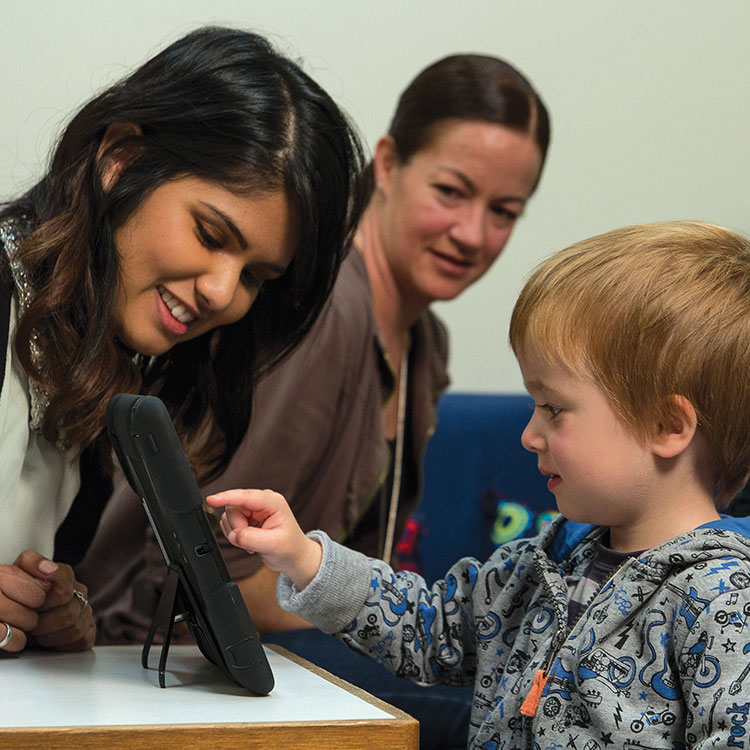
News & Events
Children with autism may benefit from app-based therapiesA The Kids Research Institute Australia study has shown that in addition to intervention with trained therapists, children with autism may benefit from app-based therapies.
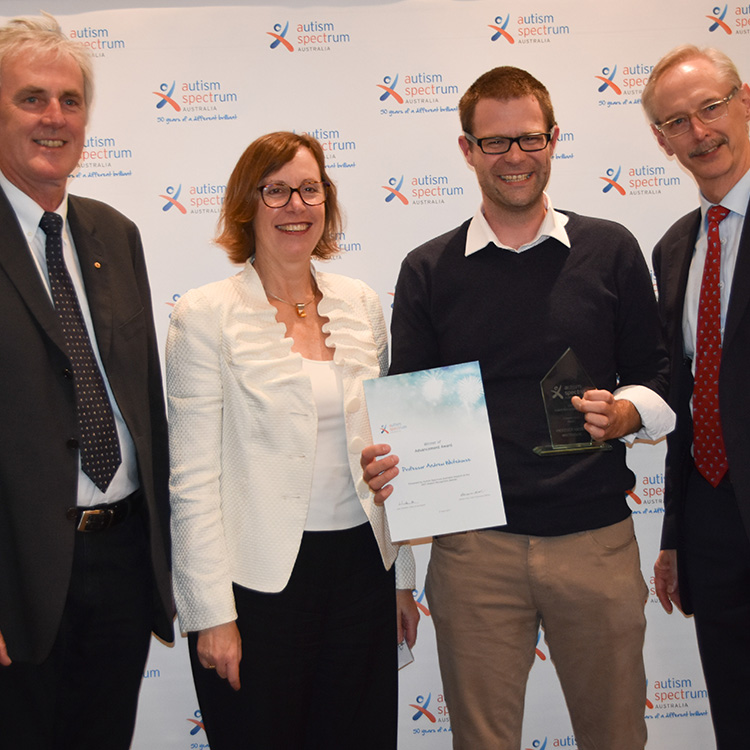
News & Events
Autism researcher wins accolade for science videosProfessor Andrew Whitehouse has been awarded an Autism Spectrum Australia Recognition Award for his work communicating scientific findings to families.
